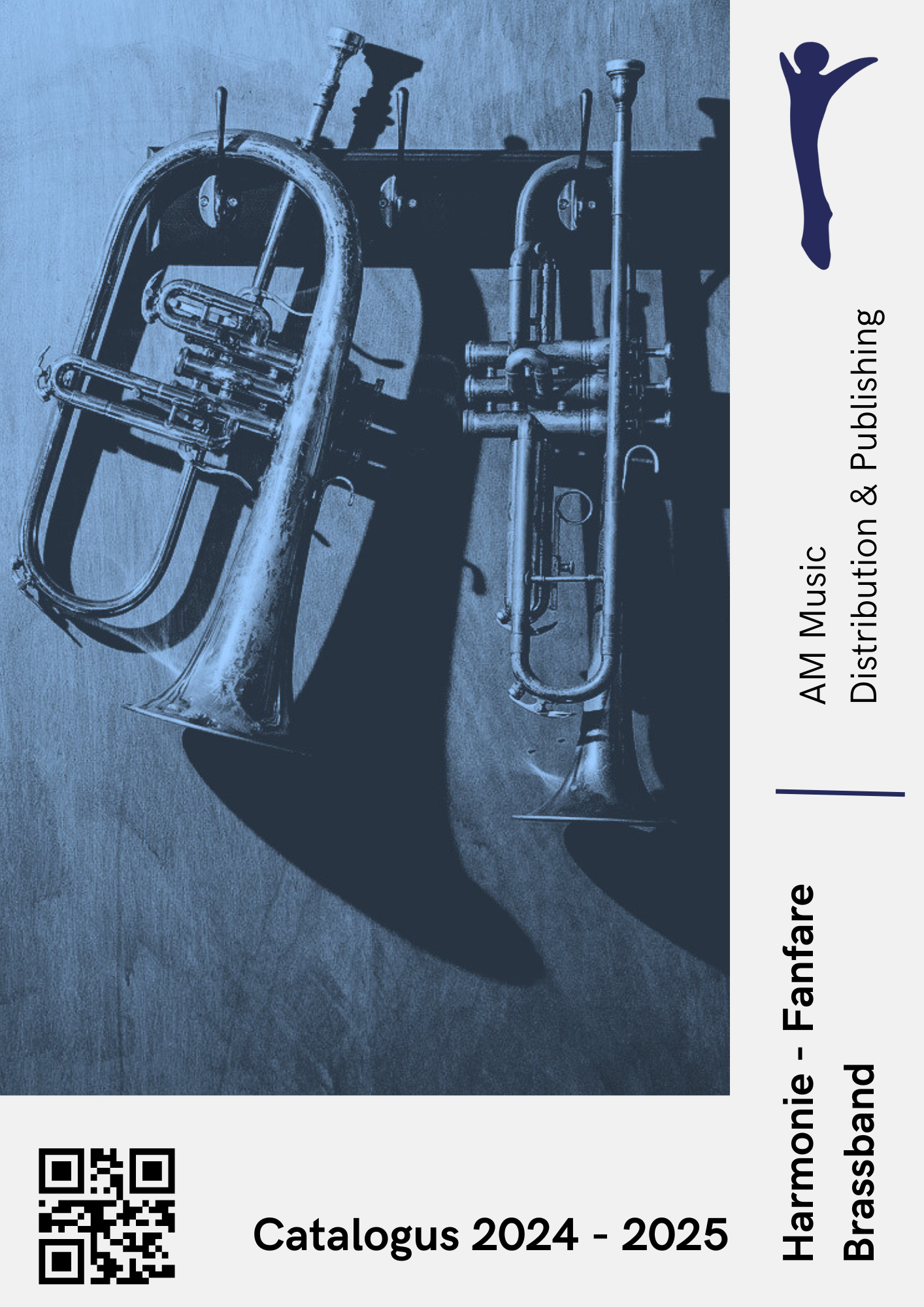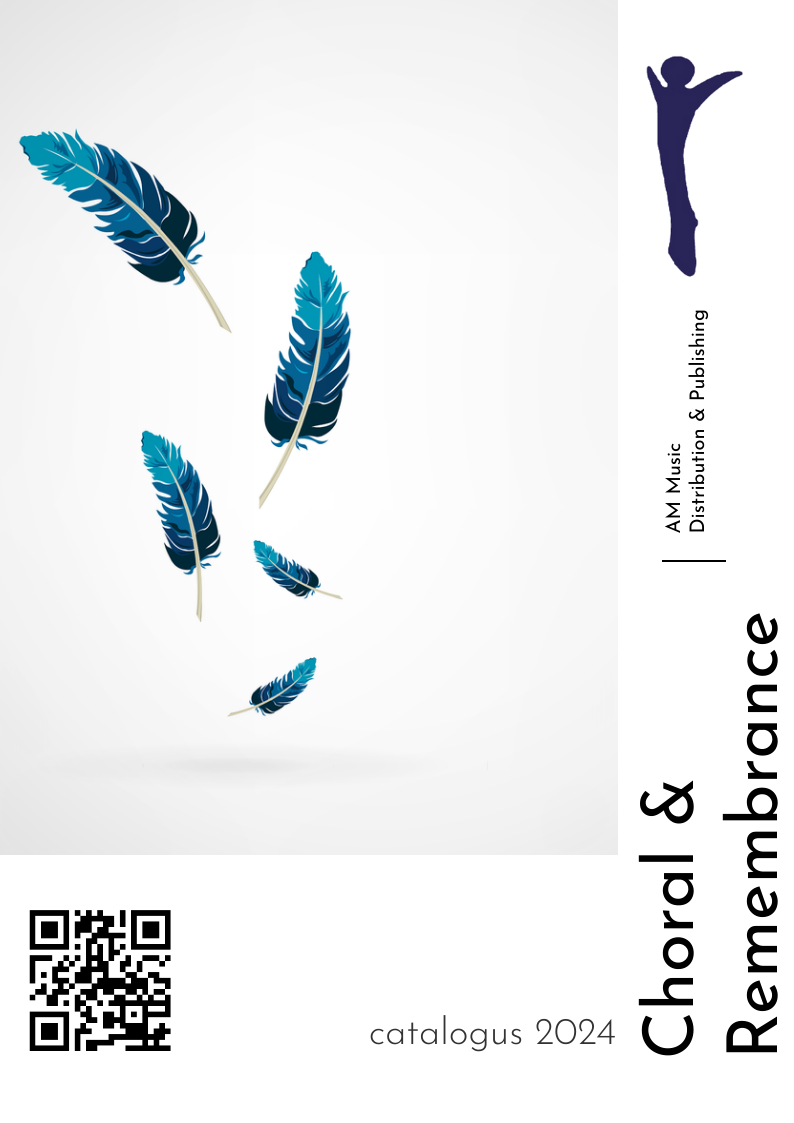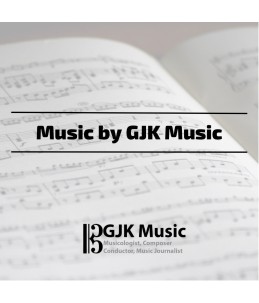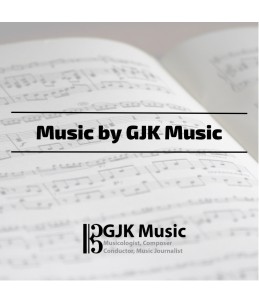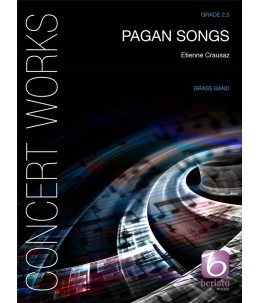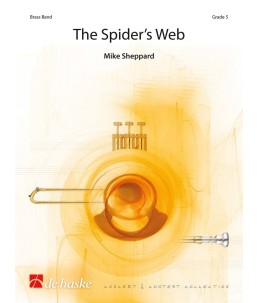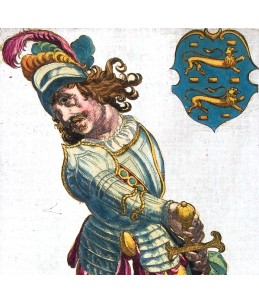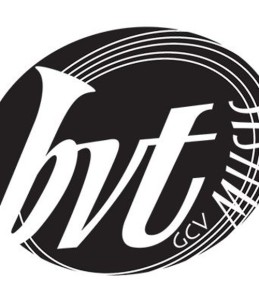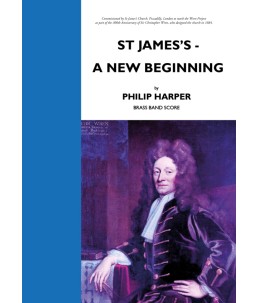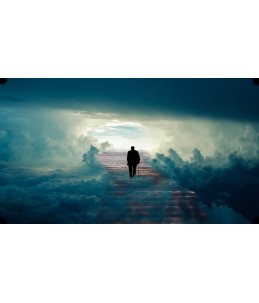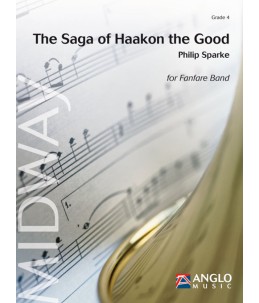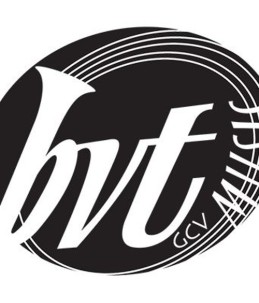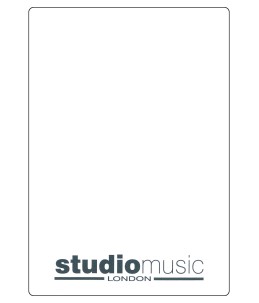
-
Those gazing eyes€110.00
Those gazing eyes is a programmatic work: We see a child gazing into the distance, slowly we enter his fantasy.
-
Where Words Fail€110.00
A well-known statement by Hans Christiaan Andersen is: “Where words fail, music speaks.” In Where Words Fail, the composer also lets the music speak about things he could not find the words for.
-
Pagan Songs€104.99
Dit werk, dat uit drie ononderbroken delen bestaat, is geïnspireerd op melodieën met een populair karakter. Het eerste deel omvat twee tegengestelde modale melodieën: de ene is heel opgewekt en levendig, de andere donker en zangerig. Verschillende motieven worden hier uitgewerkt tot contrastrijke muzikale passages. In het rustige tweede deel horen we een wijsje dat veel weg heeft van een wiegelied. Het werk eindigt met een uitbundig deel waarin een feestelijke dans in swingfeel tot klinken komt. Deze toegankelijke compositie, geschreven in opdracht van l’Association Suisse des Musiques, is met name bedoeld voor ensembles met een kleine of flexibele bezetting. De tijdsduur en de aard van dit werk maken het uitermate geschikt voor zowel wedstrijden als concerten.
-
-
-
-
-
Afterlife€160.60
In 'Afterlife', the composer describes his impressions at death and the afterlife.
The work is based on the Dies Irae motif, which has often been used throughout music history to represent death. Different emotions associated with death are expressed in various forms and inversions of the theme.
-
-
Nightglow€77.41
The young British composer Ben Hollings found his inspiration for 'Nightglow' during a night out in the open air. The work is inspired by a nocturnal celestial scene in which the scattered stars, comets, galaxies and other astronomical elements create a warm 'nocturnal glow' in the darkness of space. A beautiful slow work for any band!
The work was commissioned by K.F. De Berthoutzonen as part the collaboration 'Fanfarissimo' between 9 fanfare bands to expand the original repertoire.
-
The New Jerusalem€115.95
Commissioned by the National Youth Brass Band of Great Britain and first performed in 1990, a revised contest version was subsequently used as the set-work for the 1992 National Championships of Great Britain. It has since become one of Philip Wilby's most revered compositions and has been performed throughout the contesting world. Although initially inspired by a quotation from the Revelation of St John — "And I saw a New Heaven and a New Earth; for the first Heaven and the first Earth were passed away….", in the composer's mind it subsequently took on an almost allegorical dimension — much like Eric Ball's 'Journey into Freedom'. Revised against a backdrop of huge political change following the demise of the Soviet Union and the domino effect of collapse that occurred throughout former Eastern Block communist countries, for Wilby it came to represent "the triumph of the human spirit over oppression". As he himself wrote: "For a moment, the prophecy of St John's Revelation was suddenly highlighted in a new and quite unexpected way. The off-stage fanfares*, the turbulent nature of a large proportion of the band music and above all, the piece's life affirming end may all be seen as an optimistic vision of that social and religious rebirth".
